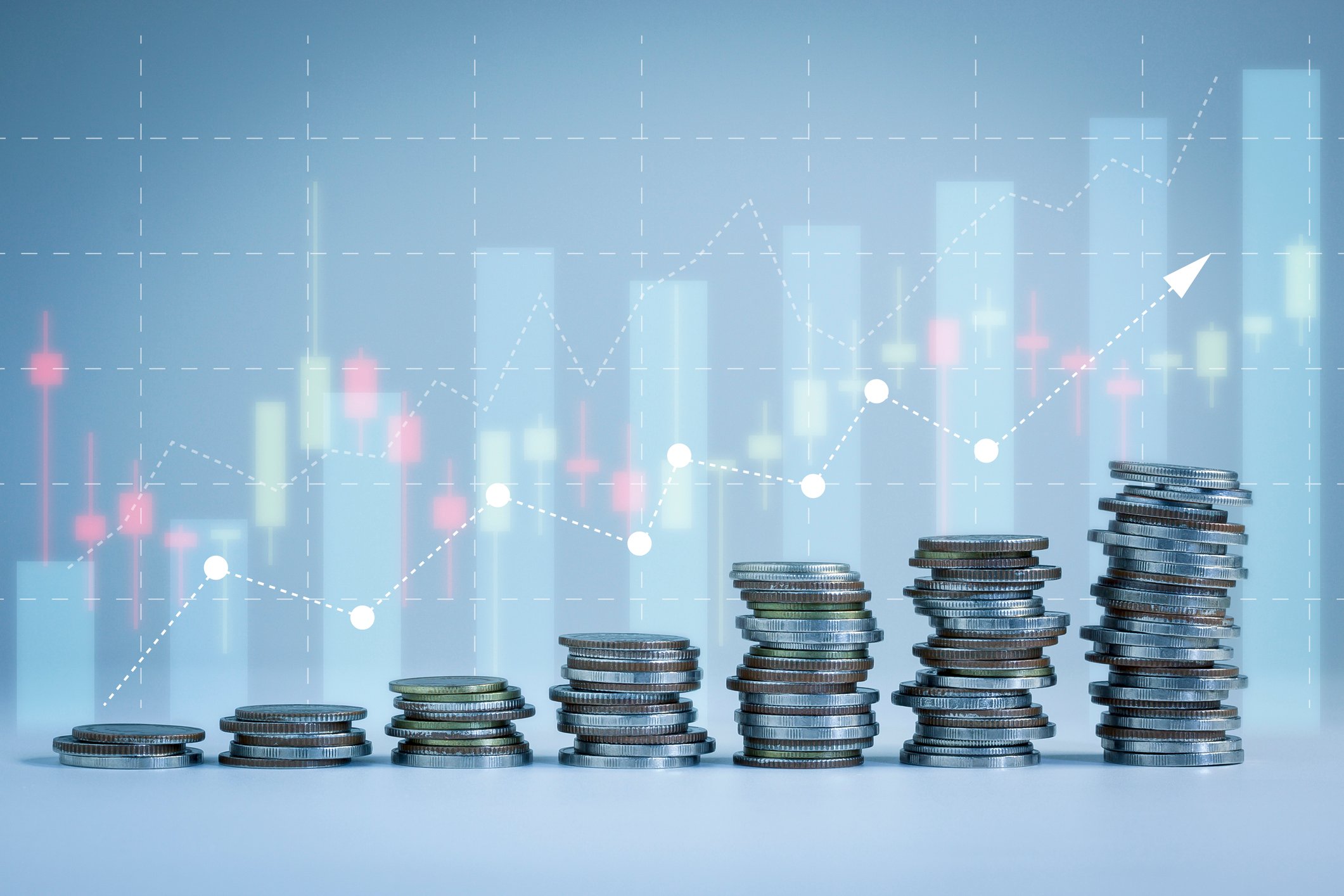Amidst OPEC's impending production cut and Donald Trump's upcoming presidency, the oil markets are rallying from their years-long trough.
In this clip from Industry Focus: Energy, Motley Fool analysts Sean O'Reilly and Taylor Muckerman talk about what midstream energy companies, particularly Kinder Morgan (KMI +2.01%), have to gain from a potentially kinder market climate.
A full transcript follows the video.
This podcast was recorded on Dec. 8, 2016.
Sean O'Reilly: Your specialty is midstream guys. How does this affect Kinder Morgan? Does this all of the sudden make some more attractive? Because obviously everyone is going to be paying their bills.
Muckerman: Yeah, you can renegotiate a little bit more, which the services companies are trying to do, trying to bring those prices back up, because people saw the cost of producing oil go way down. But that's not only because of technological advances, it's also because of concessions from companies like Halliburton and Baker Hughes and Schlumberger. Once they try to recoup that a little bit, you're going to see the cost of producing oil go up a little bit, because it was kind of a handout to keep these companies running during the downturn.
O'Reilly: That's a really good point that I don't think many people are talking about.
Muckerman: Yeah. The cost per barrel of oil is likely to tick up a little because of that, because of these contract renegotiations, because Halliburton and Baker Hughes and Schlumberger, who probably handle the vast majority of oil production and natural gas production in the United States and worldwide over 50%, I would imagine these guys were giving some handouts to keep their customers in business and keep the oil and natural gas flowing. And now it's their turn to say, "All right, we have to mean revert a little bit here price-wise." But, on the midstream side, Kinder Morgan is a company we recommended in our Pro Canada service. It's widely recommended here at The Motley Fool in general. I don't necessarily look at them benefiting from a deregulation side, but if taxes get cut like Donald Trump has said he wants, all the way down to a 15% flat corporate tax, that would be extraordinary. The oil and gas sectors over the past five years have been the most heavily taxed in the United States. You're looking at an effective tax of around 38.7% --
O'Reilly: A little bit higher than 35%.
Muckerman: A little bit higher, yeah. You compare that to biotech at 19%, insurance at 20.2%, and pharmaceuticals at 20.5%. Those three sectors, almost half.
O'Reilly: Just to clarify for the layman, is that basically, they took the entire sectors and said, "What is the total amount the sector paid in taxes? What's the total gross income? And that's the percentage."
Muckerman: Yeah, they take their earnings before taxes and then you apply that, so that's the effective tax rate of those sectors from 2010 to 2015. When you look at insurance, maybe that's why Warren Buffett really didn't care whether or corporate taxes were cut or not because Berkshire 's --
O'Reilly: Aha! The truth comes out!
Muckerman: -- has all those insurance companies under its umbrella. But, with Kinder Morgan in particular, they were the highest taxed last year on an effective tax basis.
O'Reilly: So, that's all the local taxes and the state and all that?
Muckerman: Yeah. So, they're like 73%, international taxes, domestic taxes. If you trim that down to an even more conservative amount, if you take that down to 25%, say, they would have saved an extra $371 million last year, which amounts to about 10% of their long-term debt, which has been a stated goal of theirs to pay down. So, right there, you knock 10% off your long-term debt.
O'Reilly: And that ups your interest coverage ratio, which allows them to increase their dividend.
Muckerman: Yeah, might get their credit rating back up to where it used to be. And yeah, the long-term goal here is to get that dividend back up to where it was before the cut.
O'Reilly: That would help.
Muckerman: Freeing up 10% of your long-term debt to pay down would certainly accelerate that process.






